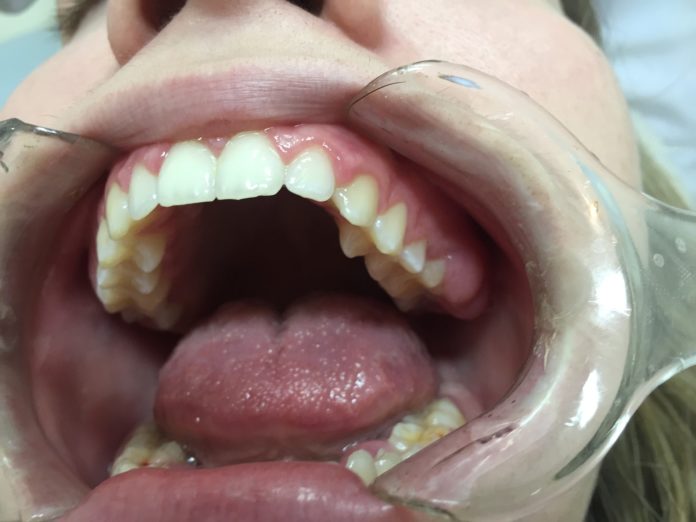Diphtheria death toll in Delhi rises to 26 after two more children died of the infectious disease on Sunday
Two more children died on Sunday due to diphtheria at Corporation run Maharishi Valmiki Infectious Diseases Hospital in Kingsway Camp, taking the total number of deaths due to the disease to 26 in the last four weeks, officials of the North Delhi Municipal Corporation said.
Five of these victims are from Delhi while others are from neighbouring states of Western Uttar Pradesh and Haryana. Several patients and their relatives at the hospital attributed the deaths to non-availability of diphtheria antitoxin.
Diphtheria is a vaccine preventable contagious bacterial disease and large outbreaks have been reported previously in countries that have reduced or incomplete coverage of their public vaccination programs.
“From September 6 onwards, there have been over 203 admissions at the municipal hospital, out of whom 25 have died,” a senior official said. One more death earlier was reported from the Delhi Government run LNJP hospital.
Following public anger about reports of non availability of life-saving diphtheria antitoxin at the infectious disease hospital, North Delhi Mayor Adesh Gupta had last tuesday suspended medical superintendent of the Maharishi Valmiki Infectious Diseases Hospital for alleged lapses in connection with the deaths of these children at the facility. Gupta had set up a panel to look into the death cases and sought a report. “There were lapses, it seems, so we have taken the action. Further action will depend on what comes out in the report,” he said.
A low-down on the disease, role of antitoxin and prevention.
How fatal is diphtheria infection?
Diphtheria is a throat and skin infection caused by the bacteria Corynebacterium diphtheriae. The bacteria produce a protein toxin that is associated with formation of a sheet of thick, grey matter that covers the back of the throat, called pseudo-membrane leading to difficulty in breathing. According to the World Health Organization, the disease can be fatal in 5-10% of cases. Complications of the disease are due to the toxin which can also cause inflammation in the heart muscles (myocarditis) and multiple nerve weakness (polyneuropathy). Nonvirulent strains of C. diphtheria commonly cause skin infection.
What are the symptoms of the disease?
Most patients of diphtheria initially present with sore throat and low-grade fever, like any other upper respiratory tract infections. Occasionally, generalised weakness, difficulty in eating or swallowing, headache, and voice change are the initial manifestations. Swelling in neck (enlarged lymph nodes) or difficulty in breathing are seen in more advanced cases.
Prompt administration of diphtheria antitoxin is critical in the management of serious respiratory infections. The antitoxin is effective in reducing the extent of local disease as well as the risk of complications of myocarditis and neuropathy.
What is the role of Antitoxin?
After laboratory confirmation, treatment includes antibiotics and an antitoxin that neutralises the diphtheria toxin. Prompt administration of diphtheria antitoxin is critical in the management of serious respiratory infections. The antitoxin is effective in reducing the extent of local disease as well as the risk of complications of myocarditis and neuropathy. Rapid institution of antitoxin therapy is also associated with a significant reduction in death rates.
How to prevent Diphtheria?
Diphtheria is one of the vaccine-preventable infectious diseases. Diphtheria vaccine is usually administered together with tetanus and pertussis vaccine and is part of the UIP (Universal Immunization Programme) in India. WHO recommends a 3-dose primary vaccination series with diphtheria containing vaccine followed by 3 booster doses. The 3 booster doses should preferably be given during the second year of life (12-23 months), at 4-7 years and at 9-15 years of age. Ideally, there should be at least 4 years between booster doses. Fatal diphtheria typically occurs in patients with low antibody titers and in unimmunized patients. For adults, most advanced countries, where the disease has been eliminated recommend a booster dose of diphtheria vaccine every 10 years.
Close contacts of diphtheria cases should undergo throat culture to determine whether they are carriers and prophylaxis with antibiotics should be considered for all close contacts, even those who are culture-negative.



Hello, I read your new stuff daily. Your writing style is awesome, keep up
the good work!
Comments are closed.